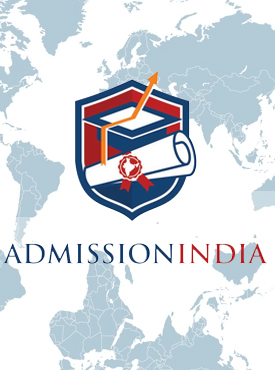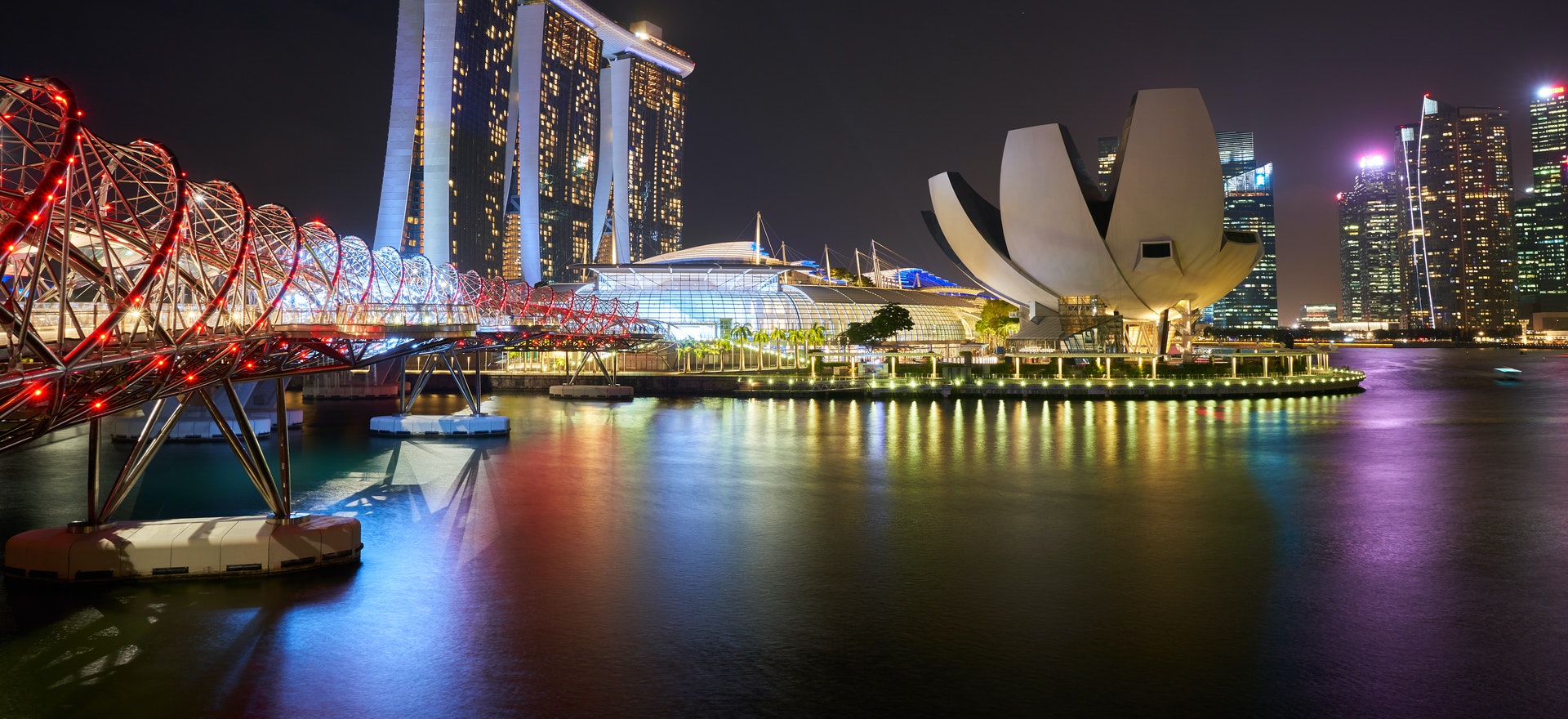Singapore upholds extraordinarily high standards of teaching and learning, and as a result, it is one of the leaders in higher education both in Asia and the world. In their universities, there is a big emphasis on research. Due to the close ties between the universities and the industry, students acquire practical skills and academic knowledge. The country's advanced educational system has opened up a lot of options for international students.
Life in the Country
Singapore attracts numerous immigrants due to its booming economy, ease of conducting business, and rapid expansion. The country is densely populated and is one of the four "Asian Tiger" economies renowned for their explosive economic growth in the second half of the 20th century.
Singapore is a veritable melting pot of cultures owing to a mixed population of Chinese, Malay and Indian people. This renders the city a distinctively hybrid identity. The British have had a significant cultural impact on Singapore, earning the country the nickname "East Meets West".
The government has established five fundamental "Shared Vales" in Singapore, which are as follows:
- Nation before community and society above self;
- Family as the fundamental unit of society;
- Community support and respect for the individual;
- Consensus not conflict; and
- Racial and religious harmony.
As a result, people are friendly and courteous to one another.
Attitudes and Etiquette of the Local People
The Singaporean society and culture maintain the following standard practices:
- Older people are highly respected, and age hierarchy is ignored only in the presence of someone powerful.
- In terms of manners, both formal and informal settings are highly distinguished.
- Littering and indiscriminate spitting are considered illegal and looked upon with disrespect.
- A person is expected to be punctual as it is regarded an insult to keep the person waiting.
- Public displays of affection are considered to be acceptable among couples.
Language
The people in Singapore speak many different languages; however, the most widely spoken languages are English, Malay, Chinese, and Tamil. Singapore's official language is Malay.
Routes to Permanent Settlement
Singapore is regarded as a liveable city and among the best places to live and work. Foreign nationals can permanently reside and work in Singapore with a Singapore Permanent Residency (PR) visa. Singapore PRs are available to international students studying there. They must apply to the ICA or Immigration and Checkpoints Authority. At the time of application, they must have lived in Singapore for at least two years to be eligible. Additionally, they need to have passed at least one national exam.
Top universities in Singapore with varied course options
Singapore is a leading centre for education, providing top-notch instruction to students from throughout the world at a reasonable fee. Singapore's impressive social, cultural, and educational diversity is reflected in its ranking as the 15th-best student city in the world for 2018. Students can choose from various courses offered by Singaporean universities in several different subject areas. There are 34 universities in Singapore, of which 6 are national institutions. The top 15 universities in the globe include two of the top universities in the nation.
Some of the top universities in Singapore are highlighted below:
- National University of Singapore
- Nanyang Technological University
- Singapore Management University
- Singapore University of Technology and Design
- INSEAD Singapore
- Singapore Institute of Management
- Singapore Institute of Technology
- James Cook University
- Singapore University of Social Sciences
- LASALLE College of the Arts
Part-Time and Post-Study Work Opportunities:
Despite having some of the best colleges in the world, Singapore has a high cost of living. Students undertake various part-time jobs, often in need of extra cash. In Singapore, international students can work part-time for up to 16 hours per week during the academic year and an unrestricted number of hours over the summer.
After graduating, international students who want to work in Singapore must apply for a work visa. After their student permit expires, they are typically given a Short-Term Visit permit, allowing them to stay for up to 90 days. This additional time might be used to reside in Singapore and hunt for employment there. A one-year (non-renewable) Long-term Social Visit Pass (LTVP) is available to graduates from institutions of higher education that are looking for work in Singapore. During this time, international students may work and stay in Singapore.





